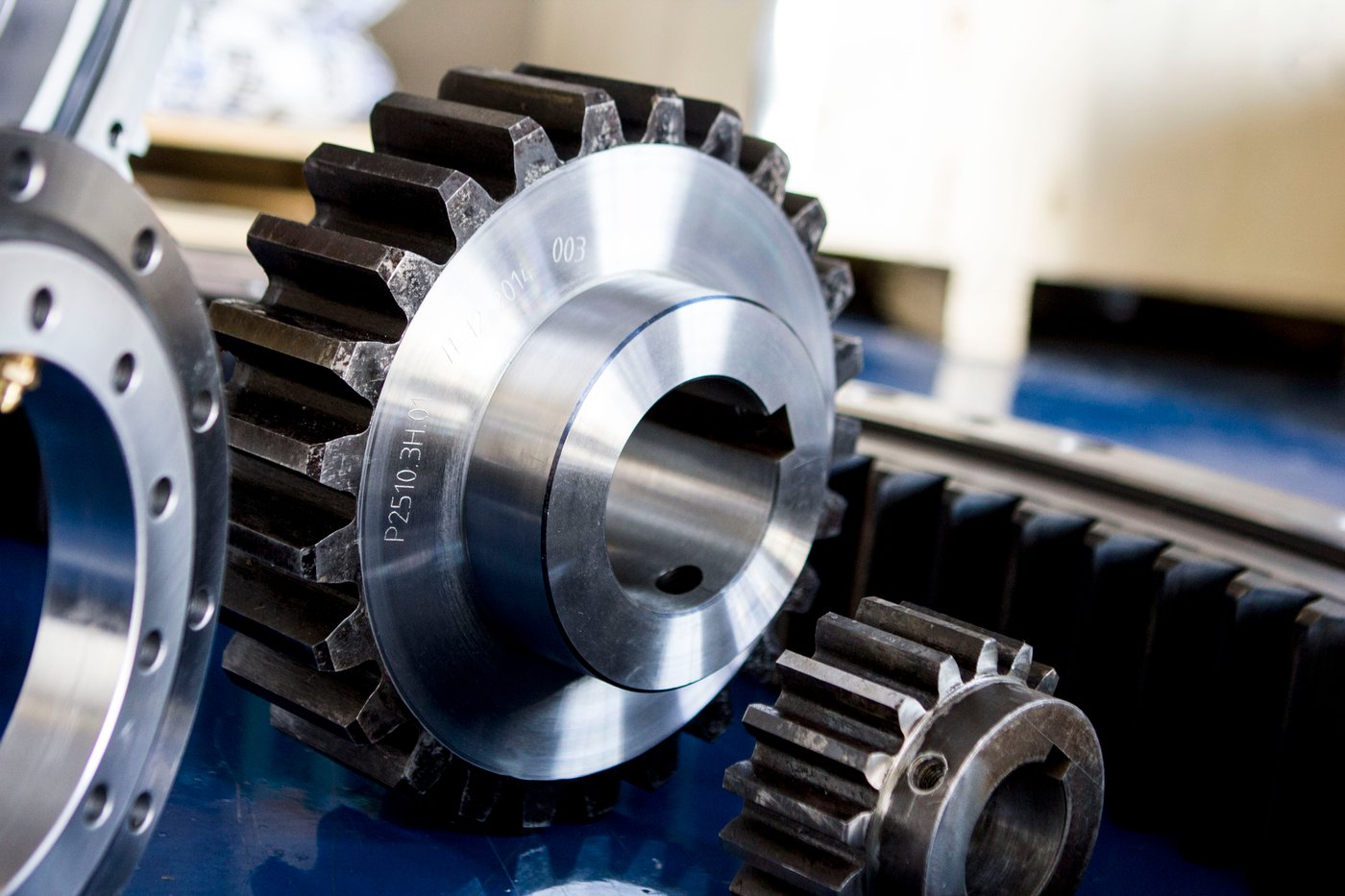Slewing ring bearings are critical components used in a wide range of industrial and heavy-duty applications. These bearings can support axial, radial, and moment loads, making them suitable for applications such as cranes, excavators, wind turbines, and more. However, like any other mechanical component, slewing ring bearings are also prone to failure, which can lead to costly downtime, equipment damage, and safety hazards.
In this blog, we will discuss the most common slewing ring bearing failures and their causes.
Lubrication Issues:
Lubrication is critical for the proper functioning of slewing ring bearings. Inadequate lubrication can lead to premature wear, friction, and overheating, which can cause the bearing to fail. Common lubrication issues include:
- Insufficient lubrication: This can happen when there is a shortage of lubricant in the bearing. As a result, the bearing will experience increased friction, which can cause it to overheat and wear out.
- Using a non-EP2 grease: Any grease that does not include EP2 additives can cause the bearing to generate excessive heat, leading to thermal expansion and accelerated wear. This is caused by the breakdown of the lubrication film under high loading conditions.
- Contamination: If the lubricant is contaminated with dirt, debris, or water, it can cause the bearing to fail prematurely.
Improper Installation:
Improper installation is another common cause of slewing ring bearing failure. When the bearing is not installed correctly, it can lead to misalignment, uneven loading, and other issues that can cause the bearing to fail prematurely. Common installation issues include:
- Surface flatness: If the bearing mounting surface is not flat, it can cause misalignment, which can lead to increased wear and premature failure.
- Improper preloading: When the bearing is not preloaded correctly, it can cause uneven loading, leading to premature wear and failure.
- Bolt torquing errors: Incorrect torquing of the mounting bolts can cause the bearing to bind or generate excessive heat, leading to premature failure.
Fatigue Failure:
Fatigue failure is a common cause of slewing ring bearing failure, particularly in applications that involve frequent and repeated loading. Over time, the repeated loading and unloading can cause the bearing to develop cracks, which can lead to catastrophic failure. Common causes of fatigue failure include:
- Overloading: When the bearing is overloaded, it can cause excessive stress, leading to fatigue failure.
- Insufficient maintenance: Lack of maintenance can cause the bearing to wear out faster, leading to fatigue failure.
Corrosion:
Corrosion is another common cause of slewing ring bearing failure. When the bearing is exposed to moisture, chemicals, or other corrosive substances, it can cause the bearing to corrode, leading to premature failure. Common causes of corrosion include:
- Exposure to harsh environments: Bearings that are exposed to harsh environments, such as saltwater, chemicals, or extreme temperatures, are more susceptible to corrosion.
- Improper storage: If the bearing is stored in a damp or humid environment, it can cause the bearing to corrode.
In conclusion, slewing ring bearings are critical components used in a wide range of industrial and heavy-duty applications. Understanding the most common causes of slewing ring bearing failures can help you take the necessary steps to prevent them from happening. Proper maintenance, installation, and lubrication are essential for ensuring the longevity and reliability of slewing ring bearings.
For more assistance, please contact our application engineers. www.slewpro.com




